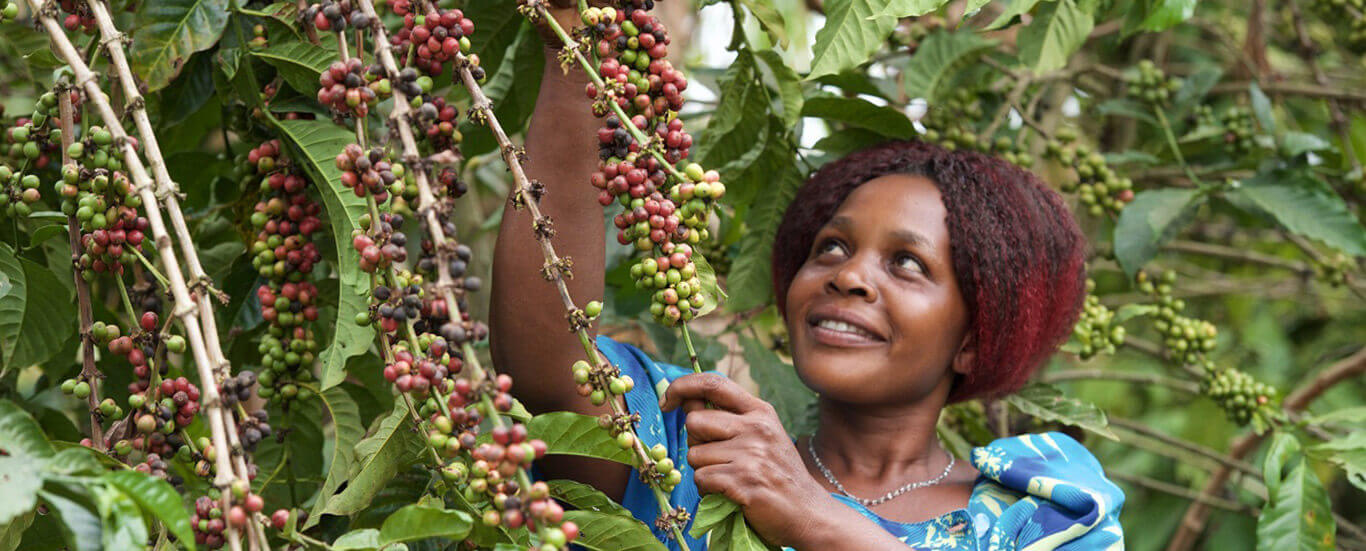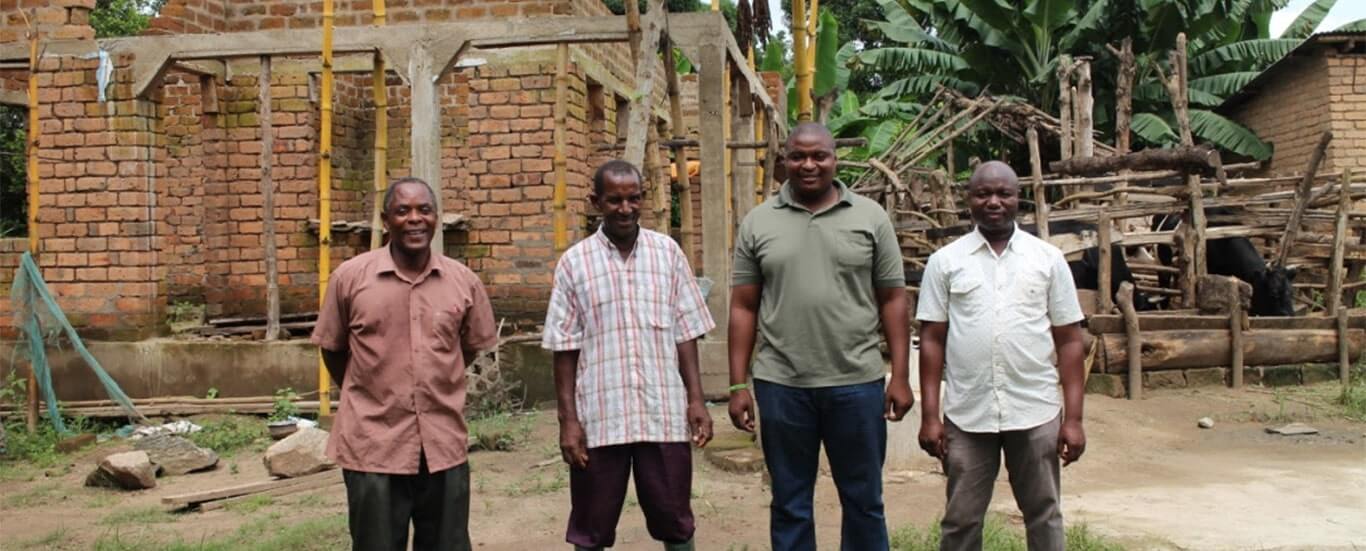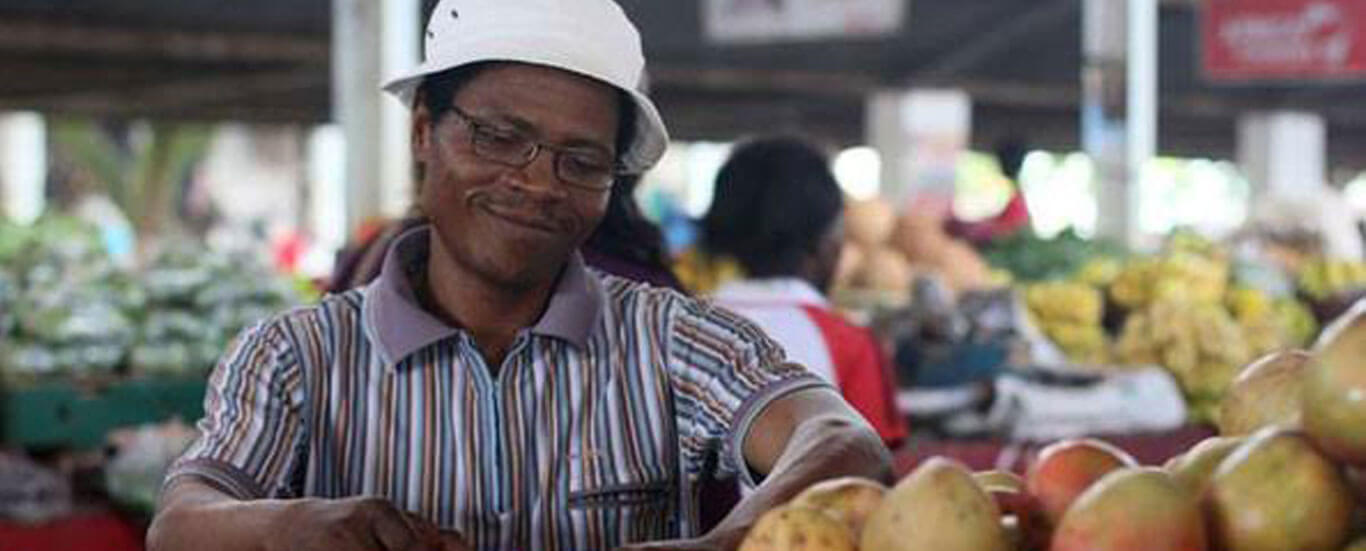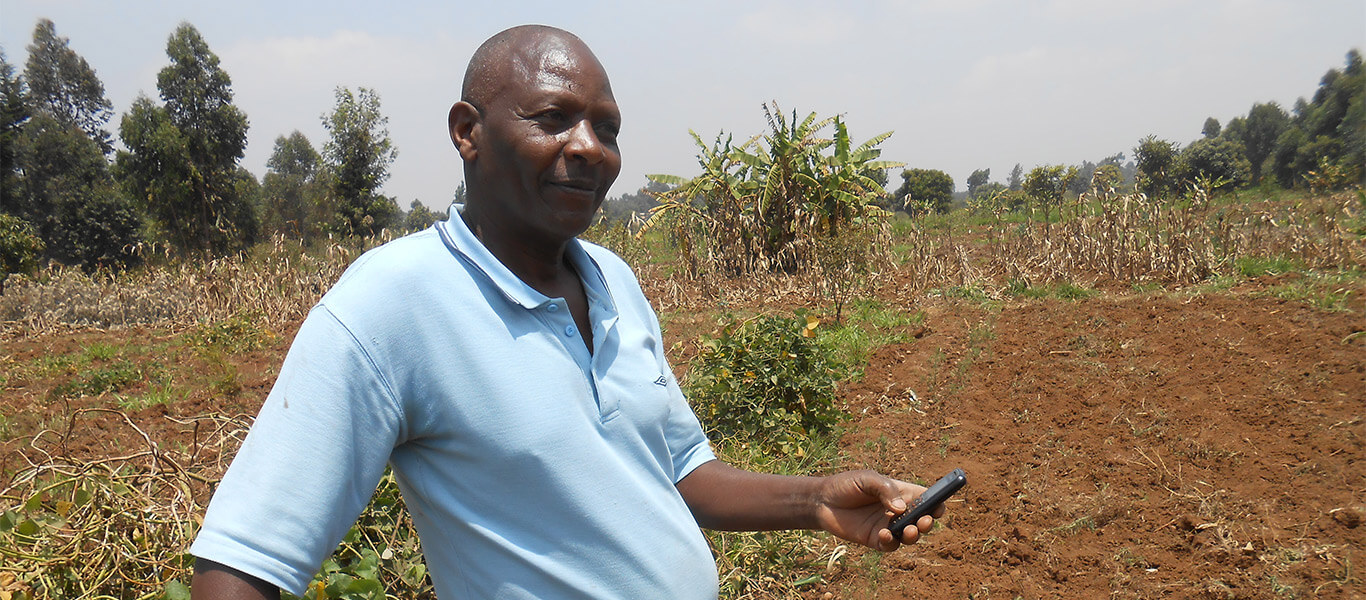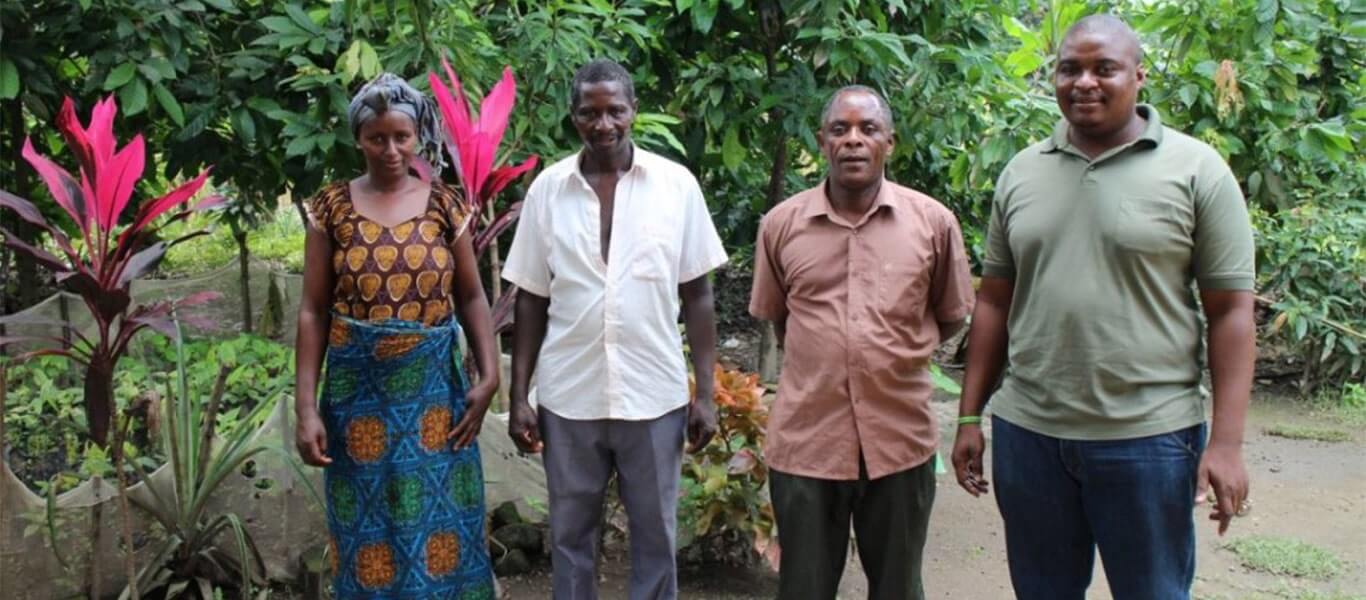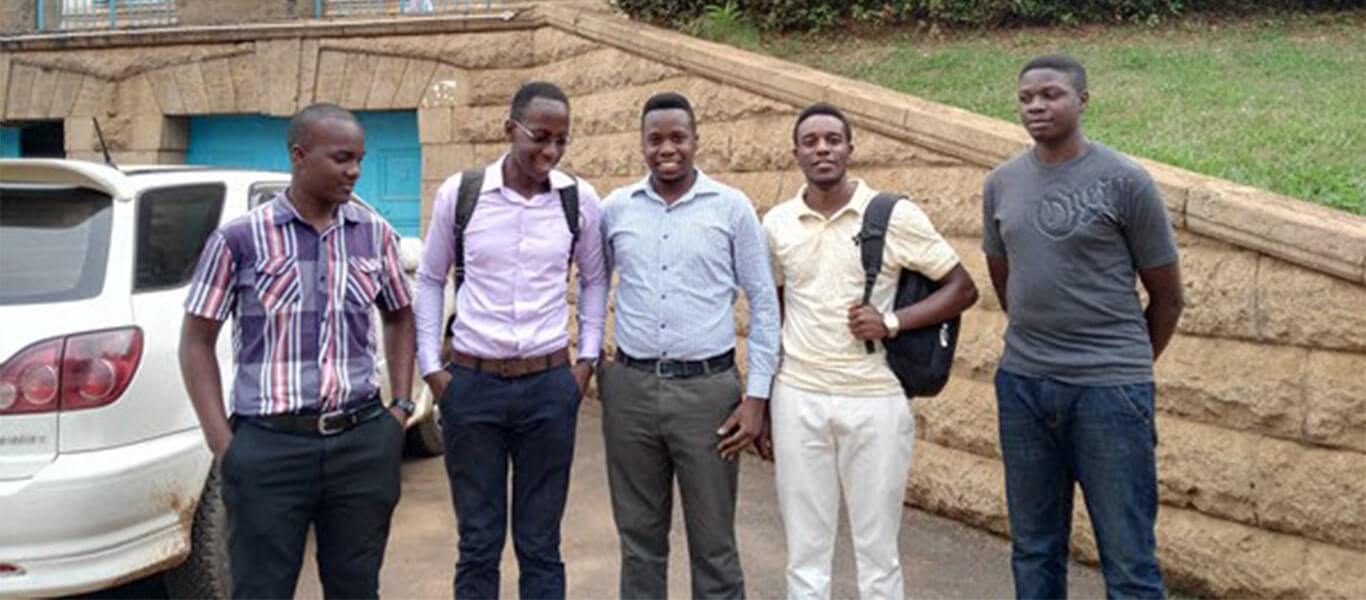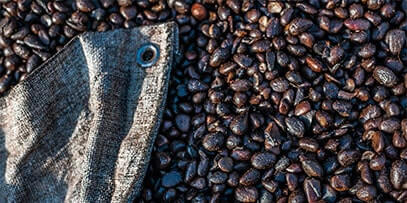David Sanga is a 65 year old resident of the Mbingu Village in the Kilombero District in Tanzania." David Sanga is a 65 year old resident of the Mbingu Village in the Kilombero District in Tanzania. David has been a cocoa farmer for more than ten years. Before Kokoa Kamili (KK) appeared in Mbingu, David sold his cocoa harvest to ‘Mocoa’, an organic cocoa out-growers association. As there was little competition for his produce, prices were determined by Mocoa and were non-negotiable. With little information on real market prices and the additional expense of having to take his produce to ‘buyer’ collection points, his farming business was a subsistence exercise characterized by insecurity and hardship, especially during the dry season when there was little to sell. When Kokoa Kamili begun their project in September 2014 in Mbingu, they introduced a healthy element of competition offering not only significantly higher prices for a better grade of cocoa but a collection service for ‘wet’ cocoa, at no extra charge. This additional service had not been an option before, but it not only simplified the process of getting his cocoa to market, but also significantly reduced his costs and the time spent organizing sales. The Sanga family had also been growing rice, maize and bananas on their small-holding, production having been expanded over the past five years to cover three plots in Mbingu. David also produces a wide range of fruits and vegetables to support the dietary needs of his family. Aside from...
David Sanga – Mbingu Supplier To Kokoa Kamili (KK)
Posted on: April 4, 2019
Posted on: April 4, 2019


